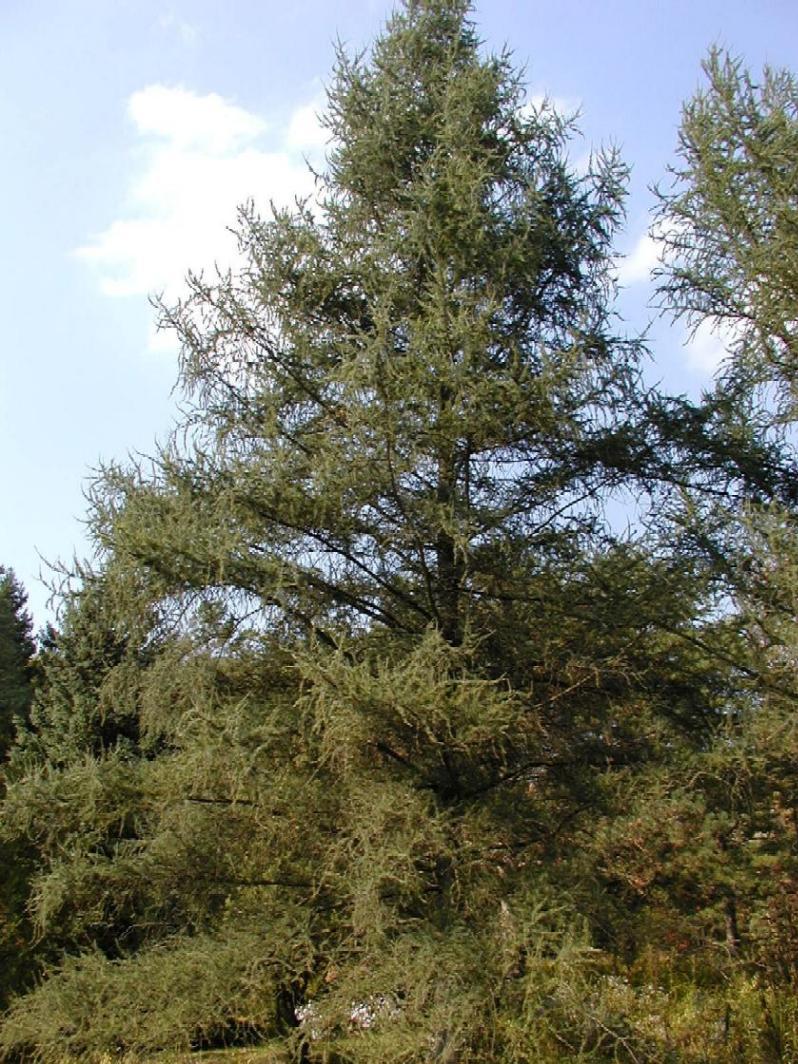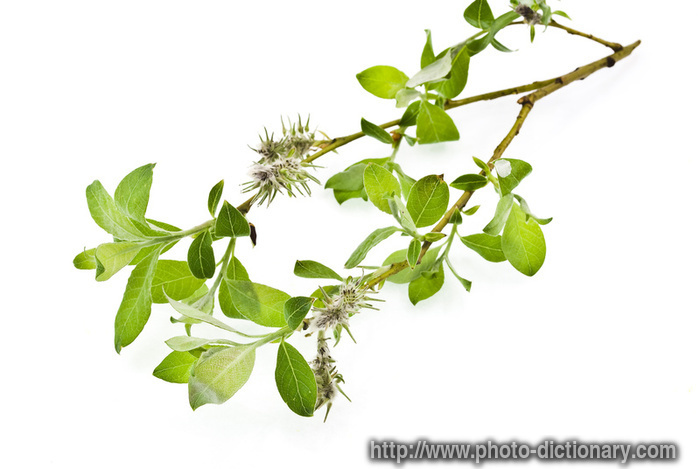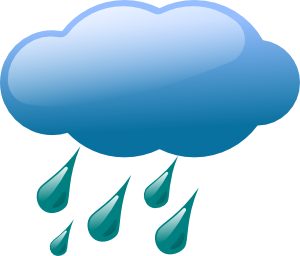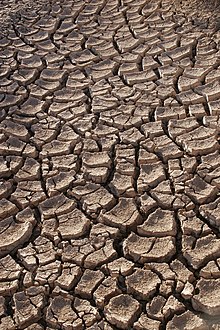Easter is a Christian holiday, when Christians celebrate the resurrection of Jesus Christ. According to the Bible, Jesus has returned from the dead three days after his death on the cross. Christians believe that Easter is the holiest day in the year, and is celebrated on the first Sunday, following the first full moon, and the first day of spring. As part of the Easter season, the death of Jesus Chris by crucifixion is commemorated on Good Friday, always the Friday just before Easter. In Western Christianity Easter marks the ending of Lent, a 40-day period of fasting, repentance, moderation and spiritual discipline in preparation for Easter. Lent begins on Ash Wednesday and ends on Easter Sunday. spiritual discipline in preparation for Easter. Lent begins on Ash Wednesday and ends on Easter Sunday. Eastern Orthodox churches observe Lent or Great Lent, during the 6 weeks or 40 days preceding Palm Sunday with fasting continuing during the Holy Week of Easter. Lent for Eastern Orthodox churches begins on Monday and Ash Wednesday is not observed.

Hot Cross Burns
Shrove Tuesday – húshagyó kedd
The day before the first day of the Christian period of Lent. In the UK, Shrove Tuesday is also known as Pancake Day (or Pancake Tuesday to some people) because it is the one day of the year when almost everyone eats a pancake.
Ash Wednesday – hamvazó szerda
The date of Ash Wednesday varies each year according to the date of Easter. It is always six-and-a-half weeks before Easter. The earliest possible date of Ash Wednesday is 4 February and the latest possible date is 10 March. Ash Wednesday is a Christian festival. It marks the beginning of six and a half weeks of repentance, fasting and abstinence in preparation for the most important Christian festival of Easter.
Palm Sunday – virágvasárnap
Palm Sunday is the sixth and last Sunday of Lent and the beginning of Holy Week. On Palm Sunday Christians celebrate the Triumphal Entry of Jesus Christ into Jerusalem, the week before his death and resurrection. Holy Week is the week before Easter, commemorating events in the last days of Jesus' life on Earth. It begins on Palm Sunday and ends on Easter Monday.

Simnel cake
Maundy Thursday – nagycsütörtök
The Thursday before Easter. Also referred to as "Holy Thursday" or "Great Thursday" in some Christian denominations. Is the feast or holy day on the Thursday before Easter that commemorates the Last Supper of Jesus Christ with the Apostles. During the meal Jesus took bread and wine and shared them with his disciples. Christians continue to share bread and wine as part of their worship in church.
THE LAST SUPPER: The Last Supper was probably a Passover meal – the meal which Jewish people share together to celebrate the time when God delivered Moses and the people from slavery in Egypt. The night of Maundy Thursday is the night on which Jesus was betrayed by Judas in the Garden of Gethsemane.
Good Friday – nagypéntek
The Friday before the Christian holiday of Easter, that Christians remember as the day Jesus Christ wascrucified. On this day Christians commemorate the passion, or suffering, and death on the cross of the Lord, Jesus Christ.
Easter Sunday (Easter Day)- húsvét vasárnap
The most holy of Christian sacred days. The day commemorates the resurrection of Jesus Christ from his death by crucifixion. Christians gather together on Easter Sunday for a Sunrise Service. This service takes place on a hill side so everyone can see the sun rise.
Easter Monday – húsvét hétfő
Easter Monday, another UK Public Holiday, has little religious significance but is the occasion for numerous secular customs.
Ascension Day – áldozó csütörtök
On Good Friday, Jesus died on the cross. On Easter Sunday, he came back to life. During the forty days which followed that first Easter, he kept appearing to his followers.Ascension Day marks the last appearance of Jesus to the disciples after his resurrection at Easter. The name 'ascension' comes from the accounts in the Bible in Mark's Gospel and Luke's Gospel that tell of Jesus being taken up into heaven - he ascended.













































